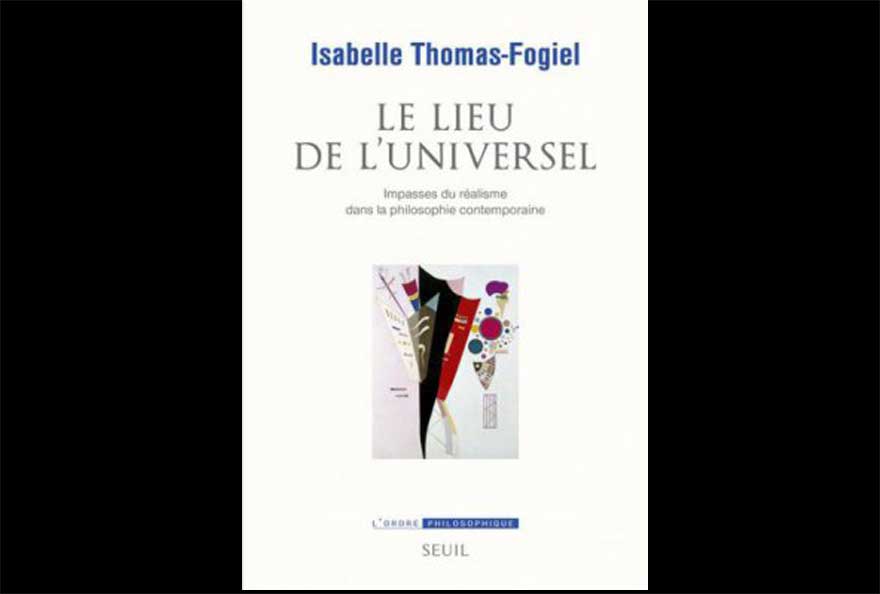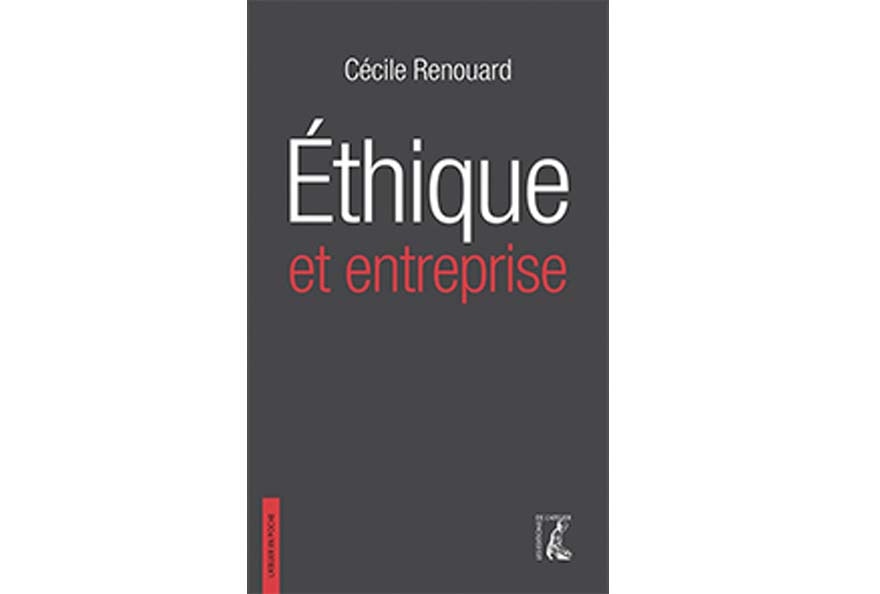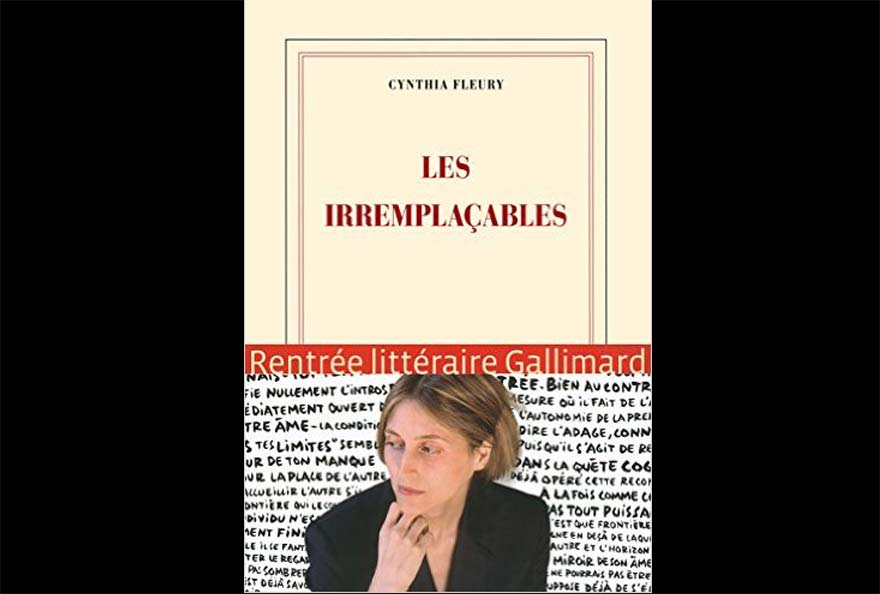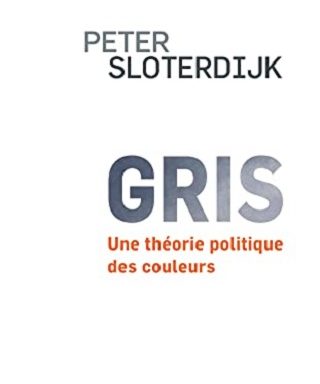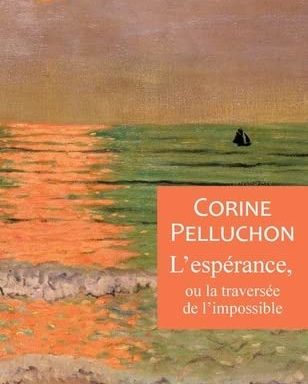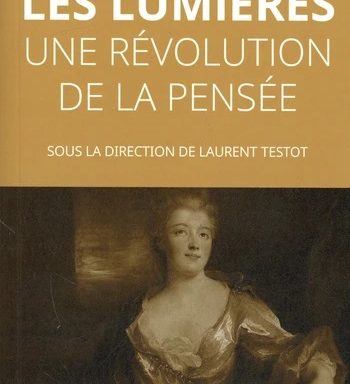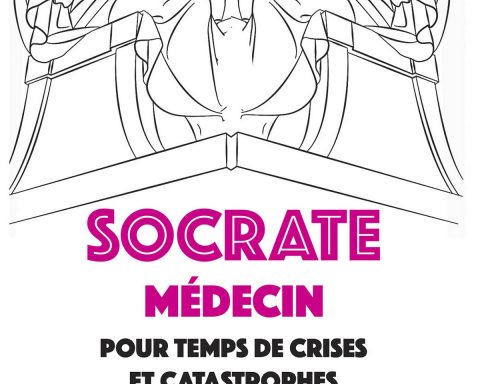The Place of the Universal d’ Isabelle Thomas-Fogiel - Edition of the Threshold - 2015 - 461 Pages
Contemporary philosophy, whether continental or analytical, is wrong, according to Isabelle Thomas-Fogiel, because it is entirely turned towards the object considered true by itself. To get out of the impasses it leads us into, we must, according to her, put an end to realism.
For most of us who philosophise, there are not philosophies, but philosophies. We think within solid boundaries, our chapels are many, each guardian of its own domain and dogma. This is further reinforced by the gulf between "continental" philosophy (the one that is mostly ours in continental Europe) and "analytical" philosophy (as it has been practiced in the Anglo-Saxon world since Frege, Russell or Wittgenstein): because it has all the appearances of common sense, it gives additional and official legitimacy to the specialization of tasks. The fact remains that when we posit that 'true' philosophy is made here and not there, or that intuition, for example, is better than analysis, we implicitly presuppose a knowledge of 'philosophy' in general; in this sharing of true and false or authentic and illusory, we paradoxically admit a unitary vision of the thing. "Rejection (an act to which one gives oneself up with profuse generosity on both sides of each of the borders) presupposes an overall understanding" (p. 12). We might as well take one's side and "bring to the explicit what everyone implicitly admits" (id.); we might as well aim for synthesis, which is what Isabelle Thomas-Fogiel does in Le Lieu de l'universel (The Place of the Universal). Impasses of realism in contemporary philosophy.
In fact the book is ambitious, embracing most of what has been done in philosophy over the last thirty years to order it and put it into perspective from a single issue. It is also polemical, taking directly to task the whole of this contemporary philosophy to suggest that it is going in the wrong direction, that the solution it gives to its constituent problem is a dead end, and that it is high time to "think about turning the corner" (p. 24). Before going further into this disconcerting subject, let us acknowledge that it has the merit of attempting an overview of philosophy, which is rare and precious. He assumes a real question: what do we think today? What are we all looking towards together? Does this "we" of the time, this "we" of today's philosophers, have a meaning, and what is it?
Realism as a counter-model to classical perspective
Isabelle Thomas-Fogiel's account begins with a paradox designed to recapitulate what modern thought has been for us. This paradox finds its most effective representation in the planimetric perspective invented in the Renaissance. The subject is in fact situated in a place in the world, and at the same time faces this world to contemplate it. He assumes a particular situs, and nevertheless flies over the whole show to order it geometrically. He is situated somewhere, and at the same time nowhere. All or most of the philosophies of the twentieth century will have tried to deconstruct this position of overhang of the classical subject, to undo the absoluteness of the "point of view from nowhere" by asserting on the contrary our indefectible belonging to this world. However, this return from the absolute to the relative or from transcendence to immanence has taken a more precise turn over the last thirty years, that of a "realism" that federates, in their different obediences, continental and analytical philosophies.
Thus we see the "new French phenomenology" (J.-L. Marion, J.-L. Chrétien, J.-L. Chrétien, J. Benoist, C. Romano, N. Depraz, M. Richir...) recognizing the "given" (to experience as it is given and imposed on us) as an authority such that we are radically subjected to it. Like Jean-Luc Marion's "saturated phenomenon", which imposes itself on us because it exceeds any possible anticipation on our part, the given is worth as an ultimate criterion that subordinates the subject of experience, abolishing in him any capacity for critical distance. We are far then from the transcendental Husserlian Ego to whom was recognized this insignia epistemic power, through phenomenological and eidetic reductions, to suspend the authority of the real and to exhibit its essential structures. Summoned to the tribunal of the given, the philosopher has only to show rather than demonstrate, to describe rather than give reasons, to "make himself the videographer of punctual and contingent situations" (p. 75).
To this "realism of the given", the "ordinary realism" of the post-Wittgensteinian philosophers (J. Benoist in his latest works, S. Laugier, C. Travis, S. Cavell, V. Descombes, J. Bouveresse, C. Diamond...) Considering that there is no need to "access" things and their truth because we already "have" them, positing that truth is what belongs contextually to this or that language game, and finally postulating that practice justifies itself by doing so, is to bring truth down to reality, or reason down to our uses. Hence a disturbing form of anti-philosophical "quietism": prisoners forever of ordinary language, immersed in this totality without an exterior that we only have to manifest passively, it is no longer a question for us "neither to understand, nor to evaluate, nor to ask for reason, but to continue our practices, without demanding more than this continuation. The real (our practices) functions without philosophy and there is nothing there to question" (p. 210).
Thus characterized, current phenomenology and the analytical philosophy of the ordinary communicate directly, according to Isabelle Thomas-Fogiel, with what she calls "metaphysical realism". And by this she means those who, like Claudine Tiercelin, support a realistic option within the current of contemporary "analytical metaphysics", defending the possibility of rationally articulating the constituent categories of what is (form, essence, identity, cause, etc.); or those who, with Quentin Meillassoux, try to make credible again, against the inflation of a certain idealism of transcendental type, the legitimacy of a true discourse on being in itself. Under its analytical or speculative slopes, realistic metaphysics thus poses that we can think a reality independent of us who think it, or that we can escape the idealistic 'correlation' of the world and the knowing subject. It is thus difficult to escape realism today. For some or others, whether they are phenomenologists, philosophers of ordinary language, analytical metaphysicians or speculative realists, reality is what commands the abandonment of the rational and critical prerogatives of the knowing subject. It is as if, in order to deny the metaphysical overhang that was that of the spectator in classical perspectivism, the subject only had to merge with the object and submit body and soul to its authority; it is as if philosophy today dreams, in a "pre-critical" mode, of a world in which words would merge with things.
A new perspectivism
It is thus almost all of what is being done today in philosophy that we are given to see again at a new cost, because reordered from that all-encompassing vanishing point that is realism. To be a realist philosopher today, for Isabelle Thomas-Fogiel, is to have tried, and in this case failed, to escape from modern perspectivism. It is to have exchanged the metaphysical overview of the spectator for radical immanence; it is to have abandoned the epistemic freedom of the transcendental ego for submission to the real, whether we understand it as a given experience, a linguistic context or a being in oneself. Each of the figures of contemporary philosophy will thus have denied that a balanced relationship was possible between the subject and the object of knowledge; each will have given everything to the object to the detriment of the subject.
To propose a viable counter-model to ancient perspectivism would then mean, for the philosophical subject, to know how to renounce his metaphysical absoluteness, without denying himself as a rational instance. This is what Isabelle Thomas-Fogiel tries to do through two types of alternative modeling. Firstly, a "topological" model, inherited from Merleau-Ponty and Dufrenne, which aims to rebalance the relationship of the subject to the object by betting on the different figures of "interrelation" that are at the forefront in these two phenomenologists (reversibility, interlacing, encroachment, chiasmus, reciprocal action...). In addition, a "communicational" type of modeling, based on the power of "pluralization perspective" and "infinitization of the finite" of the speaking subject: to speak is to leave one's point of view and enlarge it by making it communicate with other possible points of view on the same thing, it is to transgress the finite towards a presumed universality. Whatever the model envisaged, in both cases the possibility of escaping the metaphysical "face-to-face" of subject and object is explored, without making the subject subordinate to the object and losing the incompressible distance necessary for any rational enterprise.
Who's too much of a kisser
Isabelle Thomas-Fogiel will not be reproached for having wanted to adopt the most understanding point of view there is; she will not be reproached for having wanted to declutter philosophy in order to open it up to that essential "limitless limit that thought works tirelessly" (p. 434). Once again, this is a precious posture, simply that of reason, "forever with arms open and fist raised" (p. 450). It is suggested, however, that she may have taken a step sideways in this synthesis.
Why indeed match realistic metaphysics (speculative and analytical) with the phenomenology of the given and the philosophy of ordinary language? It seems difficult to us to enlist the latter under the banner of realism. And this is anything but a verbal question, which would only concern the naming or labelling of the theories in force today. The different phenomenologies may well, for the most part, revolve around the notion of a given; the fact remains that there is no question in them of a given being "in itself", as opposed to the thought that manifests it. The given is fundamentally the given experience, things as they appear to a subject, not what is as such and for no one. The same is true for the context, use, practice or form of life, all of which refer directly to what we subjects do and share. In this, both phenomenology and post-Wittgensteinian philosophy of language share a common "correlationism" that places them at the exact opposite of metaphysical realism and exposes them, as we know, to virulent criticism from the latter.
In reality, what brings the current phenomenology of the given and the philosophy of ordinary language closer together is less realism itself, than what Isabelle Thomas-Fogiel calls in their regard, and much more rightly, a "radical empiricism". And by this she means a propensity to play experience or context against access or method; quietism, even a certain anti-intellectualism, against the universal and reason. On this point, the connections it makes between the continental and analytical traditions are often enlightening and welcome. We are dealing, after all, with two currents of thought which have this in common, each of them wanting to go beyond a certain intellectualism of the founding fathers (Husserlian transcendental idealism on the one hand, logical empiricism on the other). Nevertheless, there is nothing in this movement of disintellectualization that is directly attributable to realism.
Finally, let's suggest that it's quite the opposite. Realism has as much if not more to do with the rational aim of truth than with a vow of radical immanence. Aiming at truth as what belongs to all, transgressing my point of view in the direction of a rational sharing of experience, as Isabelle Thomas-Fogiel invites us to do through her concepts of "pluralisation perspective" and "infinitisation of the finite", this rational attitude of all is implicitly based on the idea of a reality that is transcendent because it is deep, numerous, and that will always be more than what we ourselves put into it. Aiming at truth as universality, attempting the widest possible agreement of consciences, this rational Telos is inseparable from the Archè of a reality that is big from all our points of view. 1] We can only agree with this perspectivism, as we ourselves have never ceased to stress its importance in Merleau-Ponty's work, and even for any future philosophical anthropology. But it is on condition that we see it inseparable, rather than antagonistic, to the possibility of realism. The multiplicity of perspectives is undoubtedly, like reason, our most precious asset; yet we must not forget that if we converse and exchange points of view with one another, it is essentially to comment on and "report", as they say, the inexhaustible reality.
Étienne Bimbenet"The Inexhaustible Reality" - The Life of Ideas, December 3, 2015. (ISSN: 2105-3030).
Login
0 Comments
Inline Feedbacks
View all comments

